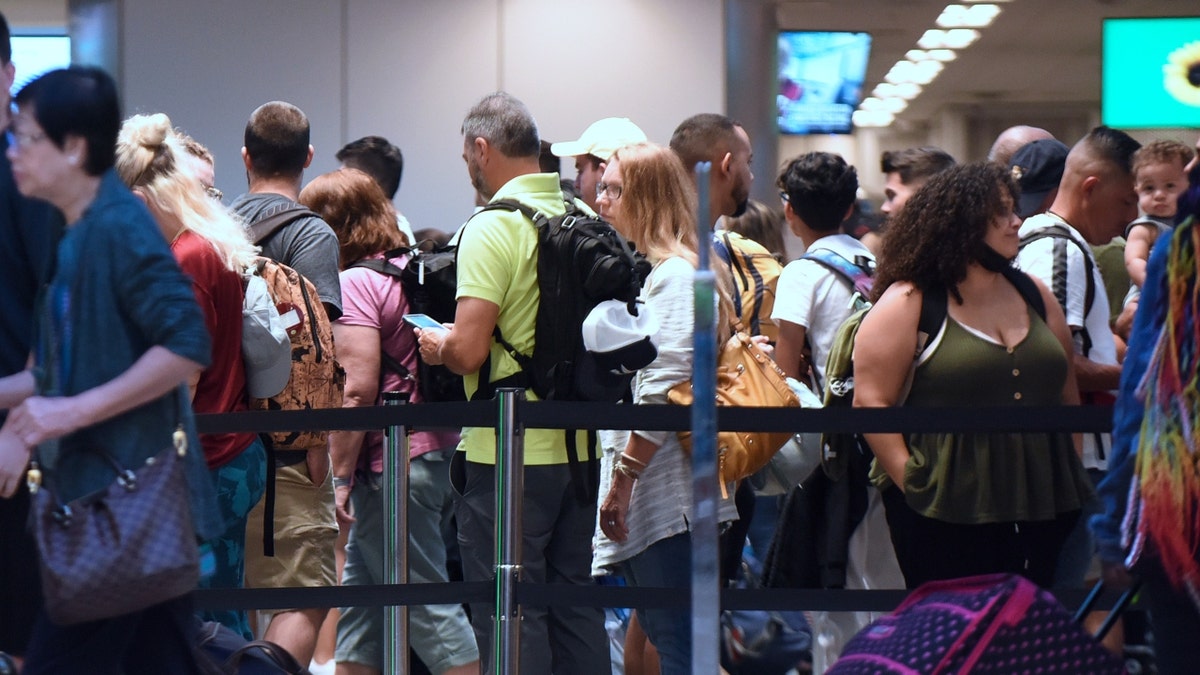A recent bipartisan bill to reauthorize the Federal Aviation Administration (FAA) could have led to increased travel costs for Americans. Representative Thomas Massie proposed an amendment to raise the Passenger Facility Charge (PFC), a fee airports levy on travelers. This amendment, thankfully, did not pass.

Currently, the PFC is capped at $4.50 per flight segment, with a maximum of two charges on a one-way trip and four on a round trip, totaling $18. This fee is incorporated into the price of airline tickets, contributing to the taxes and fees that can comprise over 20% of a domestic ticket's cost.
Massie's amendment, influenced by a 2018 RAND Corporation study, aimed to increase the PFC cap to $8.50 per passenger. Advocates for this increase argue it's necessary to adjust for inflation and fund airport improvements. However, PFC revenue growth has already significantly surpassed inflation since 2000. Furthermore, the Government Accountability Office cautioned in 2014 that a PFC increase could hinder passenger growth and revenue for the Airport and Airway Trust Fund.


With the recent $25 billion investment in airport improvements through the Infrastructure Investment and Jobs Act, increasing the PFC cap seems redundant. Some argue a higher cap would stimulate competition among airlines, but it could disadvantage smaller carriers relying on budget-friendly fares. The Small Business and Entrepreneurship Council opposes PFC increases, citing the potential harm to small businesses already grappling with inflation, taxes, and regulations.

While some believe a PFC cap increase would encourage airport competition, critics argue that since the government imposes the fee, airlines collect it, and then return it to airports, this rationale is flawed. For true competition, airports should directly collect the charge, fostering accountability for pricing. The rejection of the PFC cap increase in the FAA reauthorization bill is a positive step, and this debate should be concluded definitively.
Comments(0)
Top Comments